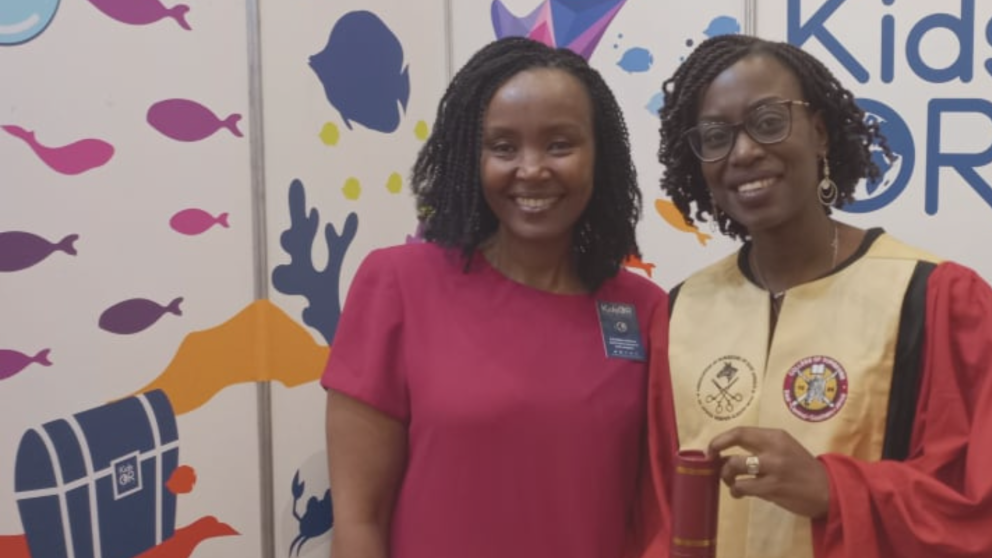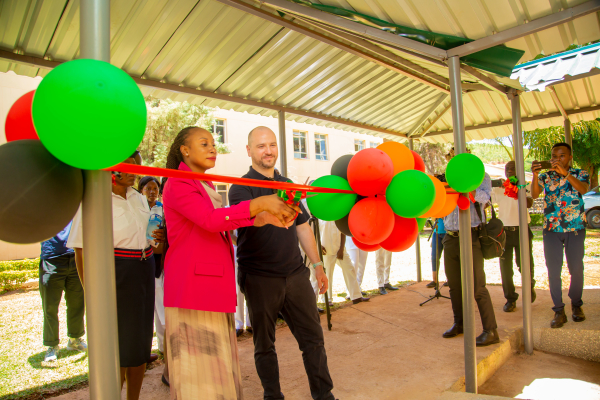
KidsOR scholar Dr. Martha Mukonka graduates!
Today, Dr. Martha Mukonka, the Senior Registrar in the Paediatric Surgery Unit, Department of Surgery at the University Teaching Hospital, Lusaka, Zambia and KidsOR & Smile Train scholar, graduated from her paediatric surgical training programme at the COSECSA Annual Conference, which was held in Windhoek, Namibia.
Martha will go on to use her expertise to save thousands of children’s lives in years to come, as well as help train the next generation of paediatric surgeons. This model is key to building sustainable healthcare systems and to creating capacity for children’s surgery in low- and middle- income countries. We sat down with her to ask her some questions about her training, motivation, and dreams for the future.
Please if you tell us a little about yourself...
I am 35 years old, born in a town called Maamba in the Southern Province of Zambia. I am the last born in a family of 3 and I was raised by my single mother. I grew up in a township called Chilanga in Lusaka, where I did my primary and junior secondary education at Musamba Primary School and Parklands High School respectively. I did my Senior Secondary School at Kabanga Christian High School in Southern Province. I later went to The University of Zambia, School of Medicine, where I did both my undergraduate and Post graduate training. I am married to Dr Tingadane Munga, a wonderful husband and father to the 3 children we have together, 2 boys and 1 girl. I am a Christian who is a member of the Reformed Baptist Church.
Why did you choose to focus on paediatric surgery?
I have always loved working with children from the time I was young and when I went to medical school I knew that I wanted to work with children and then I fell in love with Surgery, so naturally I chose Paediatric Surgery as my specialty.
What did you love about the training?
I loved the way my trainers were always available to teach, be it in theatre or on the ward. I would say that it’s one of the programmes here where seniors are always available.
What were some of the major challenges you encountered during your training & how did you overcome them?
I had a challenge with balancing work, studying and family. It was difficult as most times one of these would suffer. I would say what really helped was the support I got from my husband who would babysit the children if I was very busy with calls or studying for exams. The support also came from my trainers as they would not only advise on academic issues but also family issues and if I needed urgent attention to family matters I would be given permission.
What opportunities has the KidsOR scholarship provided you that you did not know/think were possible?
The scholarship has enabled me to finish my fellowship and to travel to Namibia to sit for my exams, but what I didn’t think was possible was an opportunity to learn cleft lip and cleft palate surgery, which I am looking forward to.

What is your favourite thing about working with children?
Everything! I love the happiness and joy that a child has when they are all better but more so a mother’s joy when their child’s congenital anomaly is corrected.
What procedure(s) are you excited most that you learnt in your fellowship?
Well, this is a tough one because there are quite a number of procedures I was excited to learn; anoplasty, nephrectomy, pullthrough, bowel surgery to name a few.
How did you stay on top of trends and changes in the field of paediatric during your time as a fellow with our program?
Staying up to date was facilitated by new information from journals, interactive learning via the PAPSEP modules and zoom meetings and listening to webinars organised by different organisations e.g. GICS, PAPSA.
Tell us about the most stressful situation you had to handle during your training. How did you handle it?
The most stressful situation I can remember was when I was on call and had 5 different emergencies which all needed surgical intervention, and this was at night. I needed to organize the theatre team, organize blood products for the patients and triage. We needed to decide who would be operated on first as we could only do one case at a time. How I handled it was that firstly I informed my senior on call about the situation who came in to help and also assigned some tasks to the ward nurses like following up blood products at blood bank and we started with the most urgent case which was an intussusception. We also asked for help from the other team members of the unit and they were able to come in earlier in the morning to continue with the laparotomies.
What motivates you to keep on working in your field?
My motivation are the wins; the number of children who go home and live a normal life. Recently, I met a mother who has a son who’s been our patient since he was 2 weeks old. He is now 4 years old and has had several corrective operations, and after we finally closed the stoma, she told me he is starting school (grade 1). I was so happy to hear that.
Do you have a role model in your field?
Yes I do, Dr Bruce Bvulani. He is my mentor, like a father to me. He is great surgeon, a great teacher and so kind to the children. He interacts so well with us the trainees, with his colleagues and the rest of the team in Paediatric surgery operating theatre and wards. My other role Model is Dr Patricia Shinondo, she is the first female Zambian Paediatric Surgeon, She is my mentor and support system and has always encouraged me that it is possible to succeed as a female in a male dominated field of surgery.
What challenges do you think the field of paediatrics currently faces?
The number of Paediatric Surgeons are so few, there are also few Paediatric Anaesthetists. In addition, there is lack of equipment in a number of facilities to enable safe surgery for children. Here in Zambia there only 8 paediatric surgeons with only 3 centres offering paediatric surgery services.
Where do you see your career in 5/10 years' time?
I hope to provide the much needed surgical care to the Zambian children. I would love to specialize in Neonatal Surgery. I believe we still have a lot of strides we need to meet for us to provide the optimal surgical needs for the neonates and I would love to bridge that gap. I want to be involved in training and research, we need more Paediatric Surgeons and we need to publish data on conditions we manage and their outcomes.
Share article
Recent Posts




Similar Posts
Garreth visits Kabul
KidsOR co-founder Garreth leads team to visit amazing paediatric operating room in Afghanistan.
Healthier Together: A path to a better world
We're participating in BBC StoryWorks' fantastic campaign on global health!
A brand new operating room in Zambia!
We're so pleased to officially open our latest children's theatre, in Chipata, Zambia.



